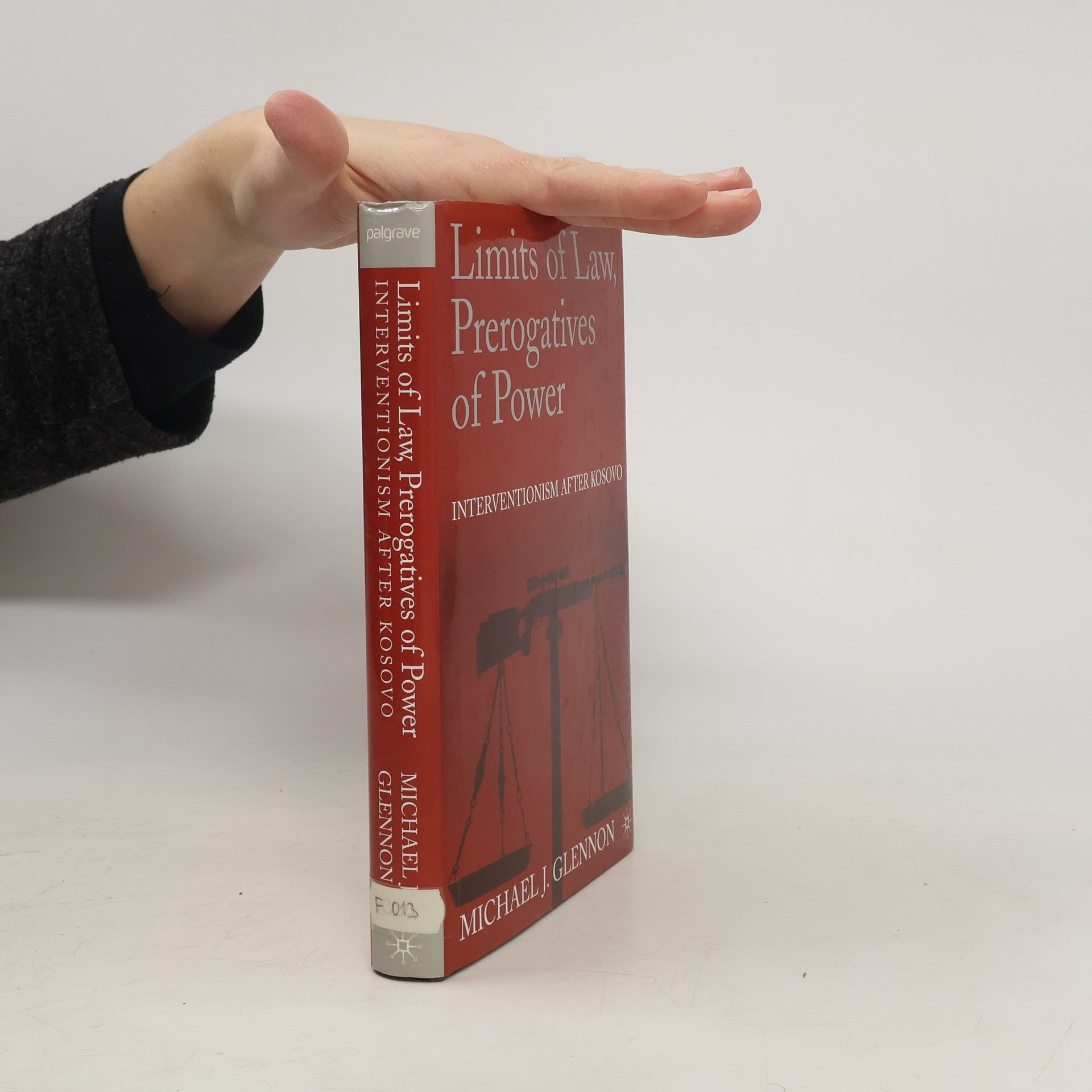America's marketplace of ideas is threatened by social media platforms and a government security apparatus that have joined together to suppress the free exchange of ideas. In Free Speech and Turbulent Freedom, Michael J. Glennon offers an incisive defense of free speech in the digital public square. Drawing on the intellectual journey of Supreme Court Justice Oliver Wendell Holmes Jr., who shaped the modern First Amendment, Glennon argues that a lively and robust marketplace of ideas is the surest guarantor of social stability. Crisply written and lucidly argued, this timely book calls on the courts to protect the speech interests not merely of the government and Big Tech, but of all participants in the marketplace of ideas.
Michael J. Glennon Book order (chronological)


Limits of Law, Prerogatives of Power. Interventionism after Kosovo
- 272 pages
- 10 hours of reading
NATO's bombing of Yugoslavia was justified. NATO violated the United Nations Charter - but nations have used armed force so often that the ban on non-defensive use of force has been cast into doubt. Dangerous cracks in the international legal order have surfaced - widened, ironically, by the UN Security Council itself, which has ridden roughshod over the Charter's ban on intervention. Yet nations remain hopelessly divided on what the rules should be. An unplanned geopolitical order has thus emerged - posing serious dilemmas for American policy-makers in a world where intervention will be judged more by wisdom than by law.